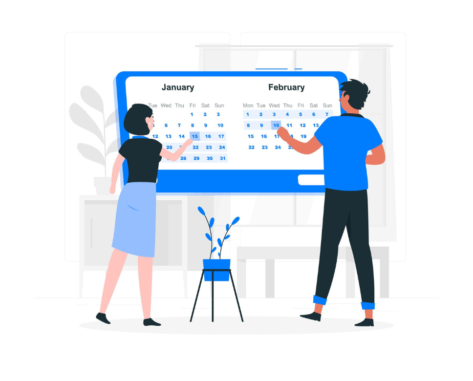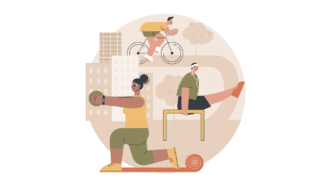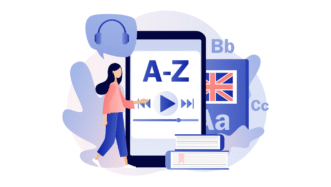LESSON OVERVIEW
The main objectives of this lesson on days and dates are to:
- learn and practise weekdays, months, dates, and ordinal numbers;
- talk about important dates and days students like and dislike;
- watch a video on couples answering questions about significant dates.
With this lesson, students discuss weekly routines and calendar habits, talk about remembering and forgetting important dates, and talk about the days they like and dislike. They study and review months, dates, and ordinal numbers, discuss important dates, and watch a video on birthdays and wedding dates. Students also work in pairs asking and answering questions about dates (e.g. Valentine’s Day, New Year’s Day, International Women’s Day, etc.).
WARM-UP AND WEEKDAYS
This lesson on days and dates begins with a warm-up. Students complete sentences about their calendar (e.g. I use a calendar on my phone/paper calendar.). Afterwards, they answer questions about their weekly routines (e.g. When do you have English?). Following that, students learn the meaning of ‘forget’ and ‘remember’. Next, students read comments answering the questions ‘What’s your favorite day of the week? Which day of the week don’t you like?’. They read and decide if sentences about the comments are true or false. Students then discuss questions about their weekly preferences and habits.
DATES AND VIDEO
In this part of the lesson on days and dates, students listen to the month names and fill in missing letters. Next, they complete gaps in sentences about the months. Then, students read dialogues about dates and circle the corresponding days in a calendar. Afterwards, they complete gaps in a list with ordinal numbers. Students also look at an example and say dates (e.g. the twenty-third of March). Following that, they discuss birthdays. Students then watch part of a video and choose when someone’s birthday is. Later, they watch another part of the video and identify the couple’s wedding date. Moving on, students discuss important dates and celebrations. Finally, they get cards with dates (e.g. Halloween, Christmas Day, etc.). Student A reads a date and Student B says what day it is. Then, they swap roles.
HOMEWORK/REVISION
This lesson plan also includes an additional task that you can use as homework or revision. In the task, students put letters in the correct order to create words studied in the lesson. Then, they write the date in each sentence using words. The task is available in the teacher’s version of the worksheet. You can print it and hand it out to your students. It’s also included in the e-lesson plan.
WORKSHEETS
Subscribe to unlock these and many other Standalone lesson lesson plans with the Unlimited plan
Subscribe











Hello Ewa,
thank you for the lesson. I’m just not sure about the use of “about” with “remember”. I guess it might be used only informally.
Katerina
Hi! Thanks for pointing that out. We removed ‘about’ where it was unnecessary.